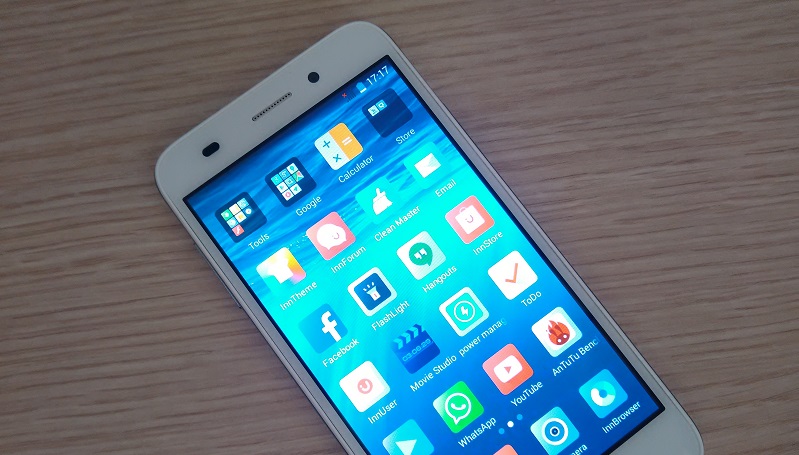Jeff Cole, the founder and director of the Centre for Digital Future in Los Angeles, kicked off the World Internet Project Meeting 2015 at Wits this morning with a talk on how smart device technology is challenging traditional business models and changing the world around us.
Cole talked about the importance of the “four screens” modern people use on a daily basis – TVs, tablets, laptops and smartphones – and how their roles are shifting right now, thanks to developments in internet connectivity and the ubiquity of mobile apps.
And according to Cole, the smartphone is swiftly taking over from the other three.
Smartphones – the most important screen
Smartphones are , he says, becoming increasingly more important, since we live in a world where a significant number of people under the age of 20 have not formed the same attachment to TV and even computer screens as generations before them did.
Instead, they have grown up in a world where their first contact with the internet, and all of the entertainment options it offers, happens through their phones. He jokingly said “Try asking one about dial-up, and watch their eyes glaze over.”
The screen Cole believes will change the most is the first screen – the television – owing to the growth of online services like Netflix, HBO and Amazon in the States (and soon in other countries). Thanks to those and other video on demand services, a TV set isn’t required to watch television shows anymore, as those services are accessible from any device with a screen that has internet access.
The question now, he says, is whether TV is a channel on the internet, or whether the internet is a channel on a TV.
Challenging the status quo
But more importantly, Cole says the advent of internet-connected smartphones and apps is challenging existing businesses across the board by disrupting traditional models that have worked for years.
The most recent example of this is Uber; the company is currently upsetting traditional taxi operators all over the world, to the point where they are demonstrating against the tech-driven service in protest because it’s effectively eating their lunch.
While Cole said he’s sympathetic to the drivers’ cause, he pointed out that they’re essentially trying to explain why their way is better, and frequently the only real argument is “this is going to hurt us financially”.
Disintermediation
Something similar is happening in the US to other large industries, he says, as the “disintermediation” that technology accessible to the public allows for – the removal of the middle-man between customers and services – continues to ramp up.
Cole cited the example of the 1998 movie “You’ve Got Mail”, in which a large predatory bookstore chain took over from a small bookshop as a great example of how outdated ways of doing business were overtaken by something new in the past. Now, he says, those predatory stores are the prey, as online services move in on their territory.
Musk the new Edison
Not even long-established businesses are immune to the changes brought about by new, accessible technologies. Elon Musk, who Cole calls “The Thomas Edison of the 21st century” is currently challenging the motor industry not only with the electric motor technology inside his cars, but also with how they are bought, sold and maintained.
Musk is pursuing a dealer-free way of distributing and supporting his Tesla cars as the technology inside them is so different to traditional petrol- and diesel-powered cars.
Because of this, Cole told the audience that some states in the US are actively being prevented from selling Elon Musk’s Tesla cars by law, because Tesla’s sales model requires no intervention by a car dealership as it’s done through Tesla’s own sales and service centres as well as online.
In an official Tesla Motors blog post back in 2012, Musk justified the company’s approach thusly:
“Existing franchise dealers have a fundamental conflict of interest between selling gasoline cars, which constitute the vast majority of their business, and selling the new technology of electric cars. It is impossible for them to explain the advantages of going electric without simultaneously undermining their traditional business. This would leave the electric car without a fair opportunity to make its case to an unfamiliar public.”
Naturally, car dealers are up in arms but that’s because their livelihoods are being threatened by the technological opportunities Tesla makes use of that renders their role unnecessary.
Exciting times
Cole wrapped up by saying “We could not be living in a more exciting time” (as this sort of thing continues to happen).
For some businesses, the old Chinese saying of “May you live in interesting times” may be somewhat more appropriate as the ubiquity of smartphones, apps and connectivity continues to eat away at established businesses’ revenue streams.

